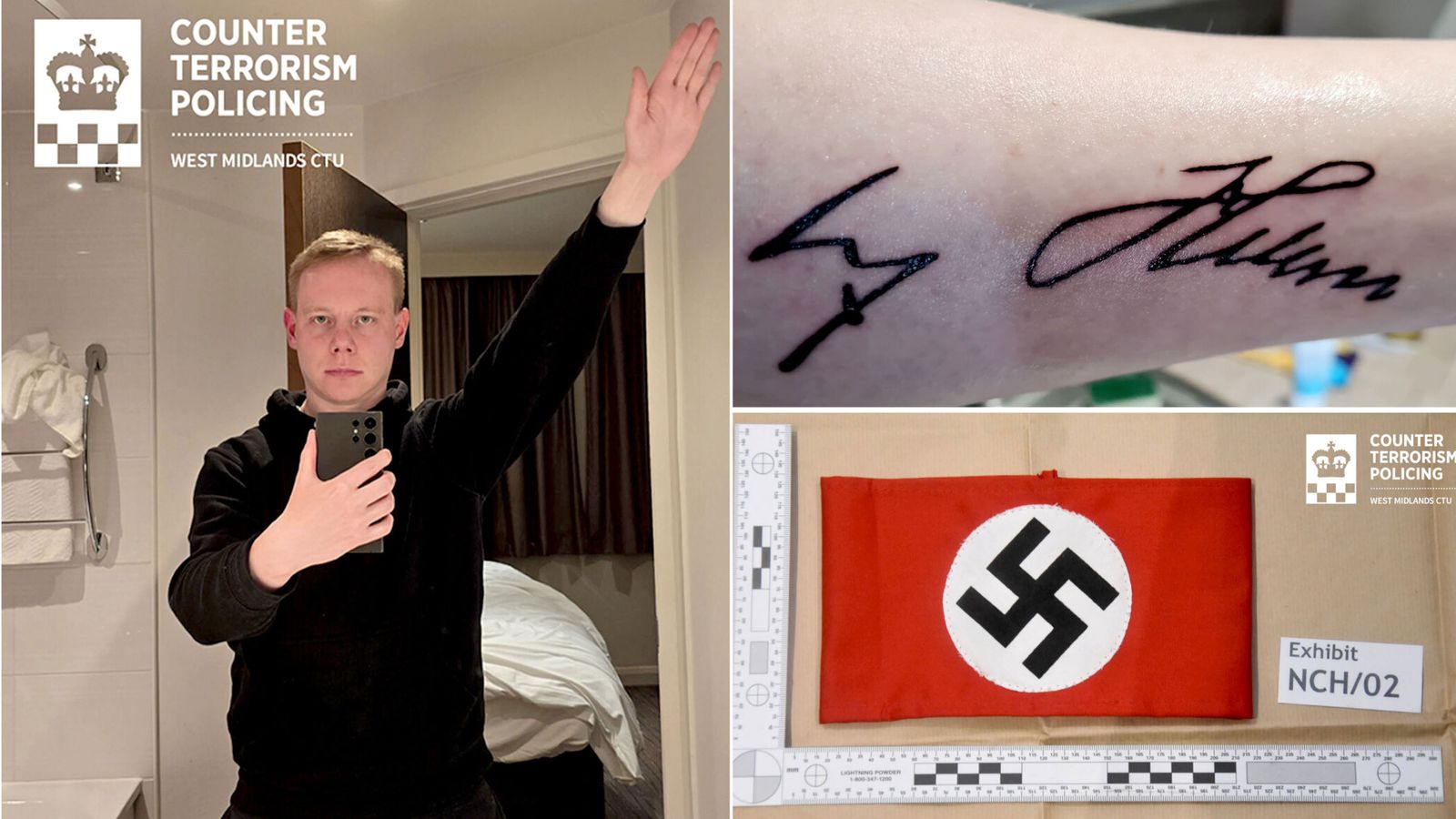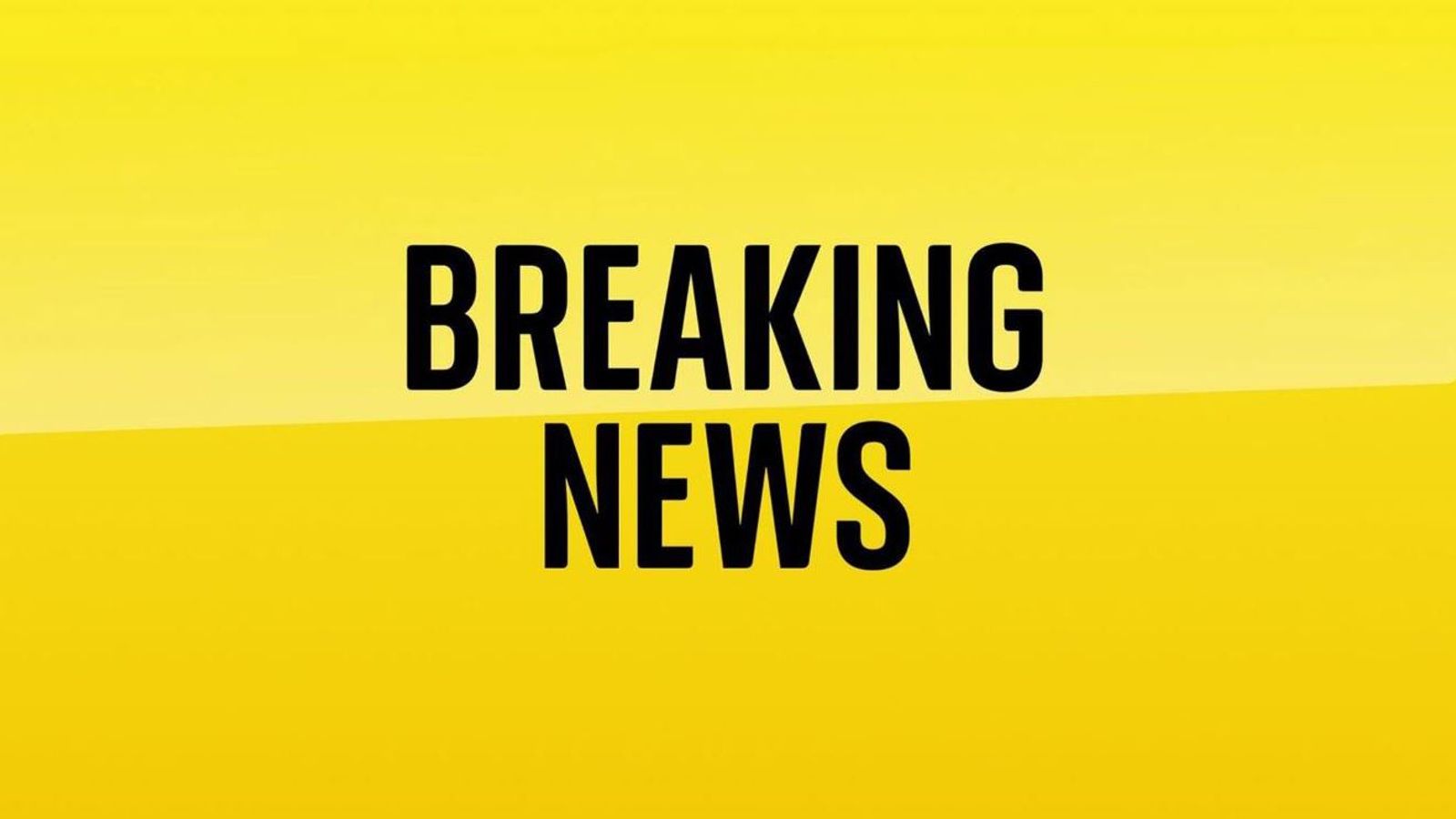Manchester Arena bomber Salman Abedi should have been identified as a threat on the night of his attack – and it is “highly likely” more lives could have been saved, an inquiry has found.
Sir John Saunders, who is chairing the probe into the 2017 terror attack, said “more should have been done” by police and security before Abedi detonated his device outside an Ariana Grande concert, killing 22 innocent people and injuring hundreds more.
In a damning first report from the inquiry, Sir John said the arena’s operator SMG, security company Showsec and British Transport Police (BTP) were “principally responsible for the missed opportunities” but there were also “failings by individuals”.
The “most striking missed opportunity” was that a member of the public, Christopher Wild, raised concerns about Abedi to security guard Mohammed Agha minutes before the bombing – but the effect of the steward’s actions “was to fob (Mr Wild) off”, he said.
Sir John said: “The security arrangements for the Manchester Arena… should have prevented or minimised the devastating impact of the attack. They failed to do so.
“There were a number of opportunities which were missed leading to this failure.
“Salman Abedi should have been identified on 22 May 2017 as a threat by those responsible for the security of the arena and a disruptive intervention undertaken.
“Had that occurred, I consider it likely that Abedi would still have detonated his device, but the loss of life and injury is highly likely to have been less.”
The missed opportunities set out by the inquiry included:
• The actions of security guard Kyle Lawler who tried to use his radio to alert the security control room after concerns were raised about Abedi but could not get through, before he left the foyer “unconcerned”
• SMG’s “inadequate” CCTV system that left a blind spot allowing Abedi to hide for an hour in the foyer of the arena before he blew himself up
• No “adequate security patrol” by Showsec in the foyer of the arena for 30 minutes before the attack, as Abedi hid out of sight from CCTV cameras
• Mr Agha not noticing Abedi acting suspiciously in the foyer of the arena about an hour before the attack after Showsec “failed to adequately train” him
The inquiry heard none of the four BTP officers on patrol were in the arena’s foyer at the time of the attack – despite instructions that one officer should be positioned there at the end of the concert.
Sir John said a “competent BTP officer would have taken action that could have saved lives” had one of the officers been in the foyer instead of leaving it unattended after 10pm.
The inquiry heard two of the officers took an “unacceptable” two-hour meal break that evening, which included a five-mile trip for a kebab.
Sir John described the terror attack as a “wicked act inspired by distorted ideology of the so-called Islamic State”.
The retired High Court judge said that the responsibility for the attack lies with Abedi and his younger brother Hashem, who was jailed for life for helping plan the atrocity, but his inquiry had to decide “whether more could and should have been done” to stop the bomber.
Among nine recommendations in his report, Sir John said a “Protect Duty” for better security at venues should be written into law, following a campaign from the mother of victim Martyn Hett.
In response to the report, SMG said it was “committed to working with the inquiry to help the families of victims and survivors better understand the events of that evening, as well as look at the lessons learnt”.
The arena’s operator said it would be reviewing the findings and recommendations and “any additional actions we should take, we will take as we continuously challenge ourselves to be better”.
The inquiry’s report is the first of three being published in the coming months.
A further report will follow on the emergency response and the experience of each of those who died, and finally an analysis of whether the atrocity committed by Abedi could have been prevented.











